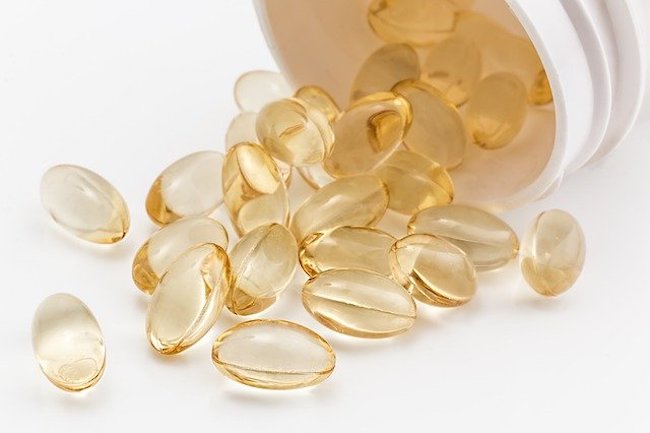Fenbendazole anti-parasite medication, when combined with vitamins, halts cancer tumor growth in mice by: Lance D Johnson for Natural News
An increase in vitamin uptake can improve the effectiveness of medications and provide additional medicinal properties such as anti-tumor effects. An anti-parasitic medication named fenbendazole displayed powerful anti-tumor properties, but only when it was combined with a vitamin protocol, including vitamins B, D, K, E and A. This research provides important insight into immunotherapy, and the powerful role that basic vitamins and antioxidants play in regulating cancer.
Anti-parasitic drug becomes anti-tumor drug when vitamin uptake is increased
The anti-parasitic drug fenbendazole is commonly used to treat pin worms and other helminthes (parasitic worms) in livestock, pets and humans. The medication breaks down the parasites by binding to tubulin and disrupting the tubulin microtubule equilibrium. Because other anticancer drugs also disrupt microtubule formation (vincristine; vinblastine) or microtubule depolymerization (paclitaxel; docetaxel), it has long been hypothesized that fenbendazole could have similar anti-cancer effects. However, previous studies do not prove that fenbendazole has strong anti-cancer effects as a standalone drug.
In this study, the medication does inhibit the growth of human lymphoma grafted into mice, but only when the mice are given vitamin supplements on a daily basis for a 22-day period. The study did not differentiate whether the anti-cancer effect was a direct result of the medication or the vitamins’ stimulation of the hosts’ immune response. One thing is for sure: the vitamins create a synergistic effect, putting human lymphomas in remission.
In the study, researchers implanted lymphoma cells in SCID mice and divided the rodents into four treatment groups. The first mice were put on a standard diet. The second were put on a standard diet and treated with fenbendazole. The third were put on the same diet and given vitamin supplements. The fourth group were on the diet and given a combination of fenbendazole and vitamins.
The group of mice that were given vitamins alone continued to see tumor growth. The same was true for the group that was administered just fenbendazole. In fact, this group saw the greatest tumor growth. However, when the two protocols were used in tandem, the tumor growth was significantly inhibited. After 22 days, the tumor volume in the vitamin only group and the control group were about equal (600mm³). The fenbendazole only group had tumor growth at approximately 1200mm³. The combo group had tumor volume less than 100mm³ after 18 days, with only slight growth after 22 days, a total no greater than 150mm³. The study also noted that the total white cell and neutrophil responses in the fenbendazole/vitamin combo group were significantly smaller than the other groups.
The all-important vitamin protocol included:
- 33% increase in vitamin D3: A meta-analysis reviewed multiple studies on vitamin D and found that supplementation significantly reduces total cancer mortality.
- 152% increase in folate: In previous studies, folate and other B vitamins have been associated with lower incidence of colorectal cancer in women.
- 25% increase in vitamin E: This antioxidant has a history of suppressing tumor activity. For instance, vitamin E suppresses nuclear transcription factor NF?B in prostate cell lines, thereby mitigating the regulation of pro-apoptotic and pro-metastatic proteins.
- 100% increase in vitamin A, Retinol, and K3: Studies show that daily, oral administration of high-dose vitamin A effectively reduces the number of new primary tumors in stage one lung cancer.
- 613% increase in vitamin B1
- 83% increase in vitamin B2
- 112% increase in available niacin
- 173% increase in available biotin
- 45% increase in vitamin B6
- 329% increase in Pantothenic acid
- 88% increase in B12




